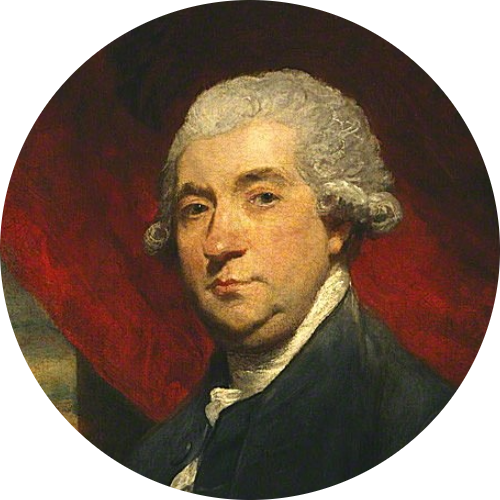Trotz was educated at the universities of Halle, Leipzig and Marburg, before, in 1730, he became Dr. Juris at Utrecht. He was considered an eminent scholar of public and constitutional law, and in 1741 he was appointed Professor of Law at the University of Freneker (Vranyken) (1741-after 1753). He later became Professor at the University of Utrecht (around 1763). He wrote several books of which the three volume Jus Agrarium Foederati Belgii (1751-1754) is the most important.
On September 20, 1763, Boswell decided on following Trotz' lectures on Civil law, over those of Rücker and Wesseling. In early October Trotz came to visit Boswell, "which puffed up by a great deal more the vanity which I naturally possess in a supreme degree". "Professor Trotz is a very learned man. He gives excellent lectures on the Civil Law, which he explains, not dryly like a pedant, but like a philosopher. He now and again intersperses ingenious moral observations and amusing historical anecdotes, and his college is truly a school of liberal knowledge. He was formerly professor in Friesland, and when he was invited to Utrecht the Frisians begged him to stay; offered him carte blance and the dignity of a Senator", wrote Boswell in some of his French themes.
In the spring of 1764, Boswell saw a great deal more of Trotz and considered translating John Erskine's very influential Institutes of the Law of Scotland (1754) into Latin, with notes by Professor Trotz. Boswell apparently did begin to translate the Institutes, but only a few pages have been recovered, and he seldom mentioned the idea following his departure from Holland in the summer of 1764. Boswell also took some private education from Trotz, who himself was at the time learning English with the help of James Rose.
Trotz' main work, and one of few which is available today via AbeBooks, is the Jus Agrarium Foederati Belgii.
